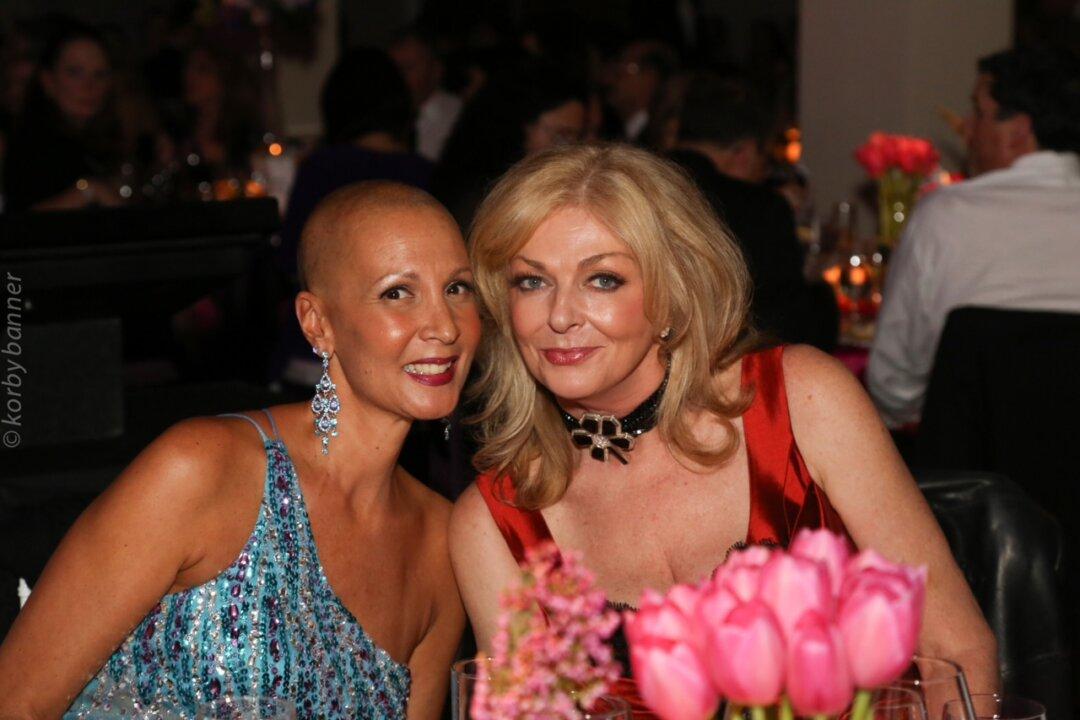Though doctors have long sought to understand and treat the physical symptoms of cancer, less attention has been paid to the deep emotional impact of the disease—something Sherry Abbott hopes to change.
In 1992, the successful cosmetics executive was diagnosed with terminal ovarian cancer and began aggressive treatment. Although the physical symptoms were daunting, she was caught off-guard by the emotional turmoil of the experience—debilitating fear, anxiety, and the heartbreak and trauma of finding out she could never bear children.





